Water recycling: Reviving the dwindling resource
September 12, 2018 2:30 pm
The dependence on water resources could be reduced either by optimising water usage or reusing wastewater generated after treatment.
Hemant Joshi, Head of Water & Waste Solution Business Group, Thermax Limited
One of the basic resources needed to sustain life on Earth is under tremendous threat. Excessive demand coupled with mismanaged water resources and the turbulent climate change have led to a despairing state of water affairs. In an interaction, Hemant Joshi, Head of Water & Waste Solution Business Group, Thermax Limited, discusses how water is now a dwindling resource which if not recycled or managed, will cease to exist.
Water and water recycling is currently a booming industry sector. How do you believe the market will develop over the next decade?
Rapid industrialisation, urbanisation, population growth, and contamination of natural water bodies demand wastewater recycling as a prime factor towards conserving water resources and protecting the environment from the harmful wastewater. The demand for water will only increase as the economy is poised to grow in the years to come. The need for decentralised, packaged water treatment plants, recycle plants and zero liquid discharge (ZLD) plants is going to increase, as there will be limited availability of fresh water in the coming years.
Industries will have to reduce the intake of fresh water unnecessarily, and they will be compelled to recycle and reuse the wastewater without disposing a single drop of water outside. Such practices are not only crucial to the environment but also a key to the survival of industries.
Water conservation will be the only mantra.
India hurtles towards a more developed economy, one of the casualties, wastewater, has deteriorated the environmental state. How do you reckon the imperative need for wastewater management?
Water recycling or the reuse of treated wastewater is becoming a necessity in today’s world. Water has become one of the most valuable resources because of changing weather patterns, explosive population growth, and contamination of natural water bodies. Industrial growth, rapid urbanisation and unplanned water utilisation for agriculture have reduced water levels from natural water resources.
The dependence on water resources could be reduced either by optimising water usage or reusing wastewater generated after treatment. Both are essential in today’s context. The required quality of wastewater for reuse would depend on the end application. Hence, treating the wastewater and recycling it is necessary. For example, domestic wastewater could be reused for flushing, gardening and car wash after secondary treatment, media filtration and disinfection.
What gives Thermax a competitive edge over others in terms of effective water treatment facilities?
• High-quality products with standardised skid mounted and containerised plants
• Wide product basket in water and wastewater equipment
• Wide network of 12 sales and service offices in India, 11 overseas offices and more than 100 channel associates spread across India
• Project management and site execution capabilities
• Strong service support to its existing customers
• Integrated value proposition by way of product and service solutions. Presently, we have around 150 performance management sites in operation.
• Revamp & retrofit solutions for existing plants
• Innovation-led product development
We often see technologies that spring up and are called “innovative” or “disruptive”. Which technologies in the water sector have come up that have really made a difference?
We, at Thermax, believe in understanding our customer’s needs to develop innovative solutions which suit their requirement and at the same time add value to their business.
One major application of recycling is in sewage treatment. Sewage can be recycled for various purposes such as gardening, toilet flushing, car washing and cooling towers. In water-stressed areas, treated sewage is used by industry, too, for its requirements. Also, it is relatively easier to treat and recycle sewage. Taking cognisance of the environmental concerns around untreated sewage which is estimated to be as high as 60 per cent, the government is focusing heavily on waste management. Some measures include centralised/decentralised sewage treatment plants and mandates to large upcoming real estate projects for having their own treatment facility.
Thermax offers both customised and standardised sewage treatment plants for housing societies, commercial complexes, SEZs, hotels and hospitals.
We have recently developed a packaged sewage treatment plant called ‘BioCask’ which can be fitted even in a basement with a height of 3.5 metres. The plant produces less than 5 BOD at the outlet without using ultrafiltration membranes, thereby, reducing both capital as well as operating cost and at the same time delivering quality treated water which can be used for non-potable applications.
These systems reduce lifetime costs and occupy one-fifth of the space as compared to a conventional system. These can be installed in basements and on terraces with the options of recycling, complete automation and connections to the municipal lines, facilitating sustainable solutions of decentralised sewage treatment.
India has been trying to position itself as a leader of climate change in the global arena. How do you see Thermax’s role in supporting the Government of India’s efforts?
Our purpose at Thermax Limited is to conserve resources and preserve the environment.
We have been instrumental in developing applications and solutions which are useful in protecting our environment from harmful wastewater. There are many innovative and cost-effective applications explicitly designed for ‘smart cities’ and ‘Swatch Bharat Abhiyan’. These products have state-of-the-art technology, plug and play products which requires minimal space and can be quickly installed at any location.
Do you see much growth for water companies? What are some of your recommendations to improve India’s water sector?
Some major recommendations to improve India’s water sector:
• Strict enforcement of existing rules and regulation regarding wastewater disposal
• Restricted use of fresh water
• Wastewater recycling to be made mandatory for all industries
• Decentralised sewage treatment plants should be made mandatory in the urban sector
• Zero liquid discharge concept to be adapted across industries
• Seawater desalination solutions in coastal water scarce regions
Cookie Consent
We use cookies to personalize your experience. By continuing to visit this website you agree to our Terms & Conditions, Privacy Policy and Cookie Policy.



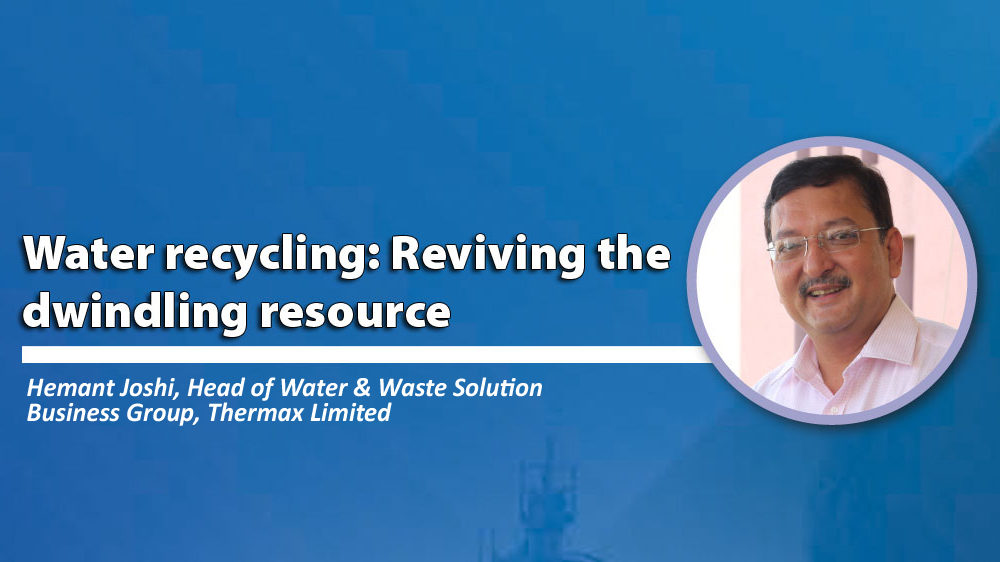


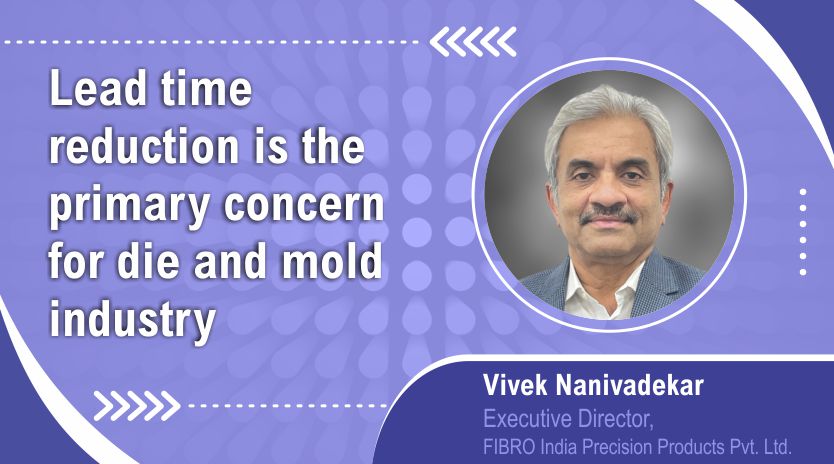
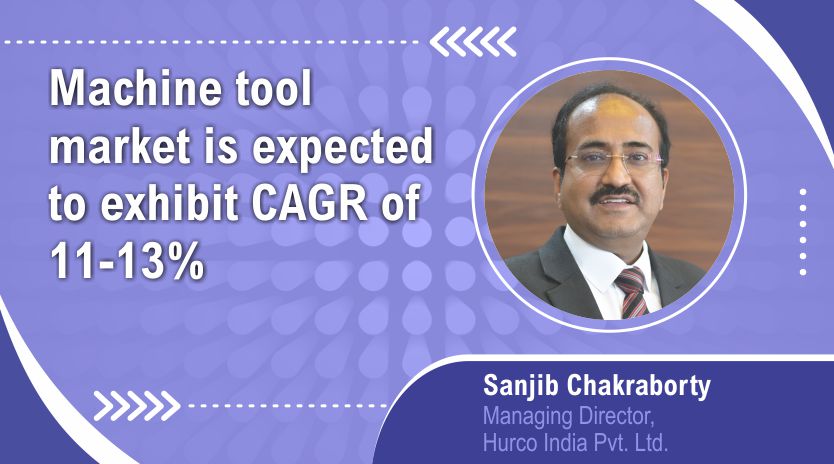
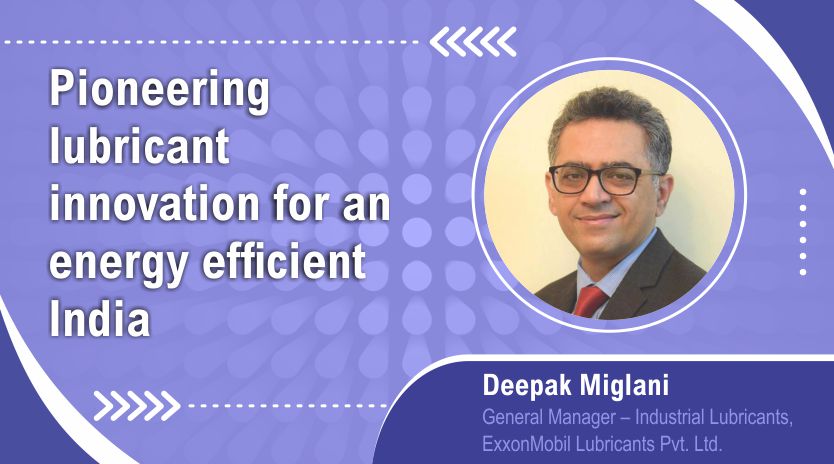

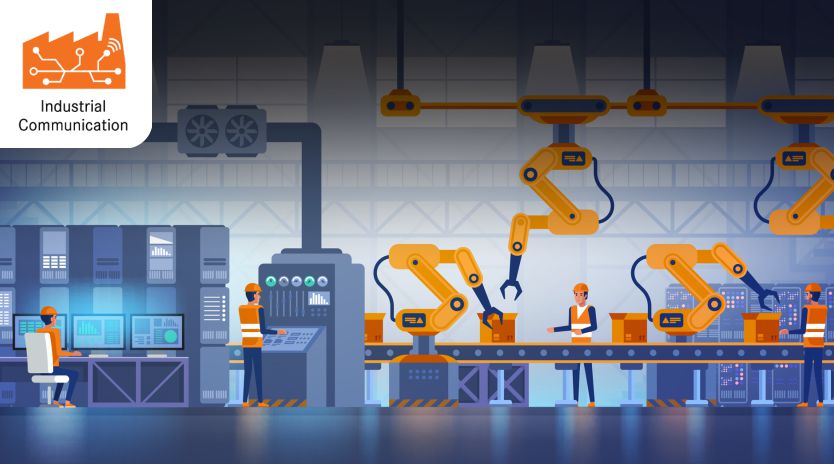


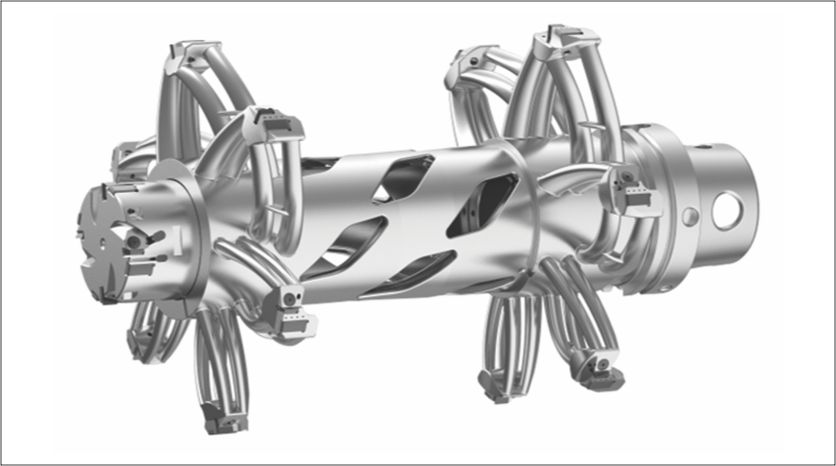




 English
English Hindi
Hindi